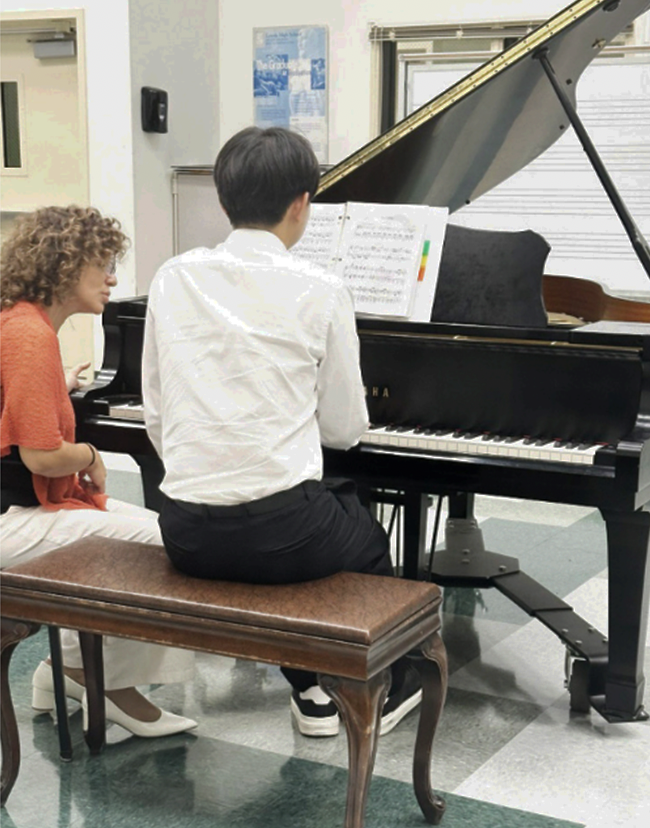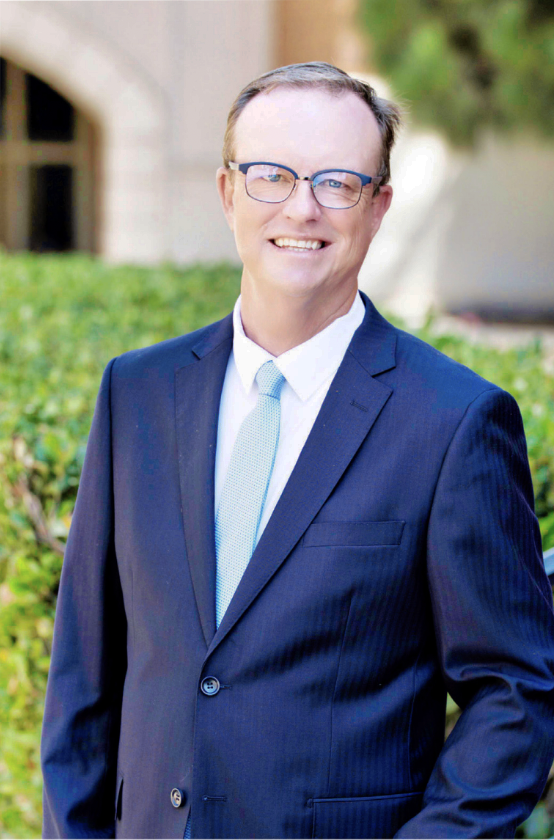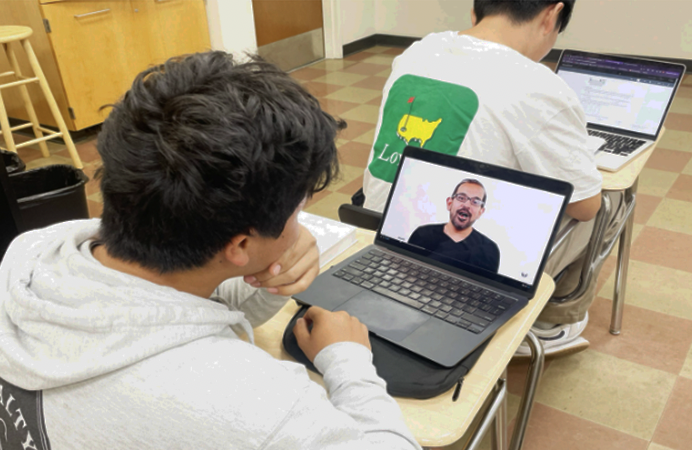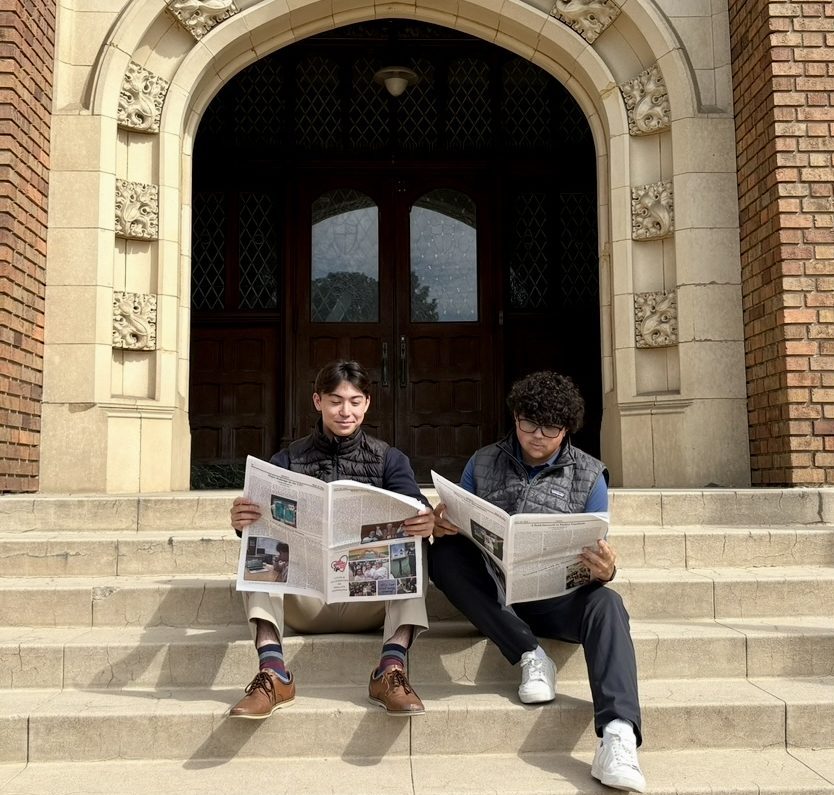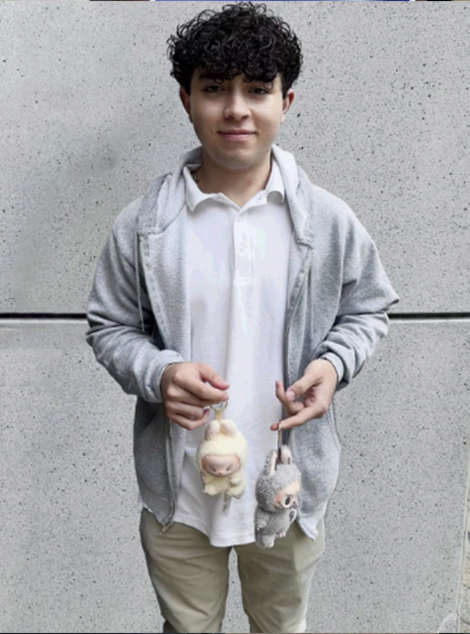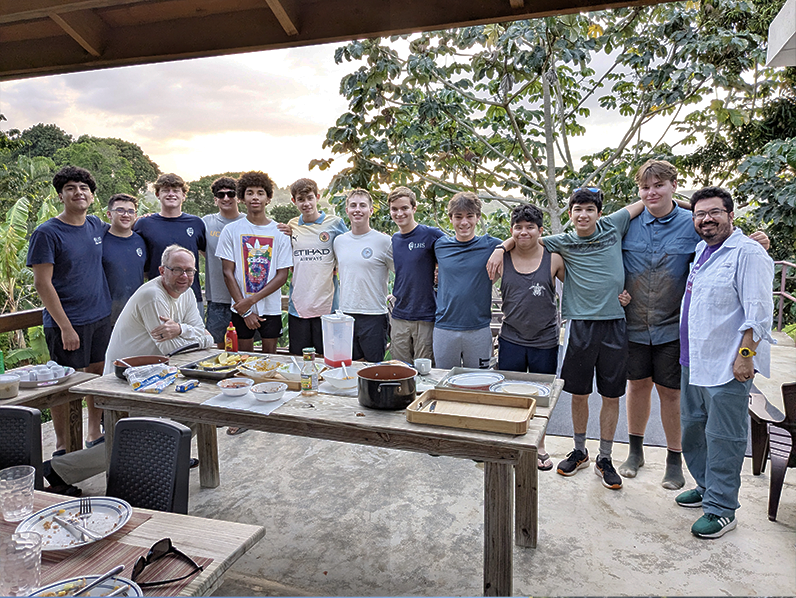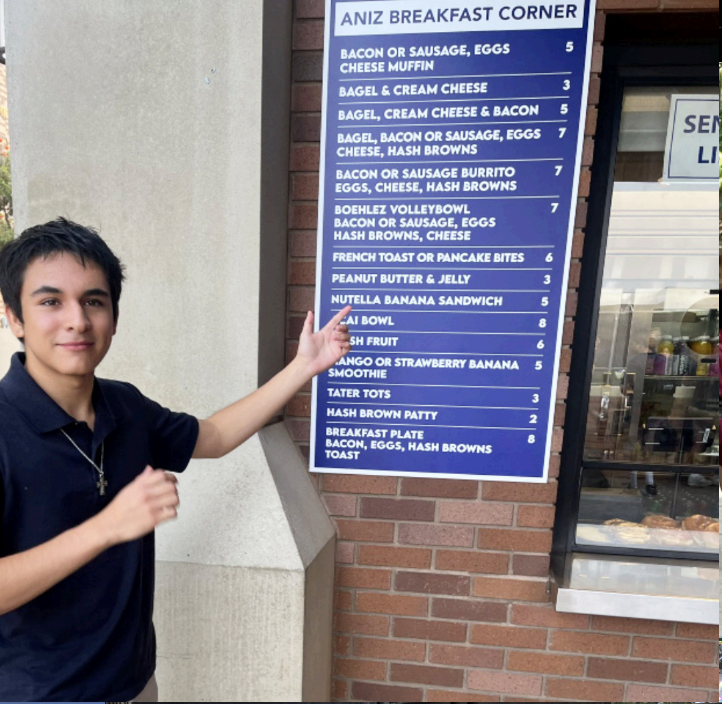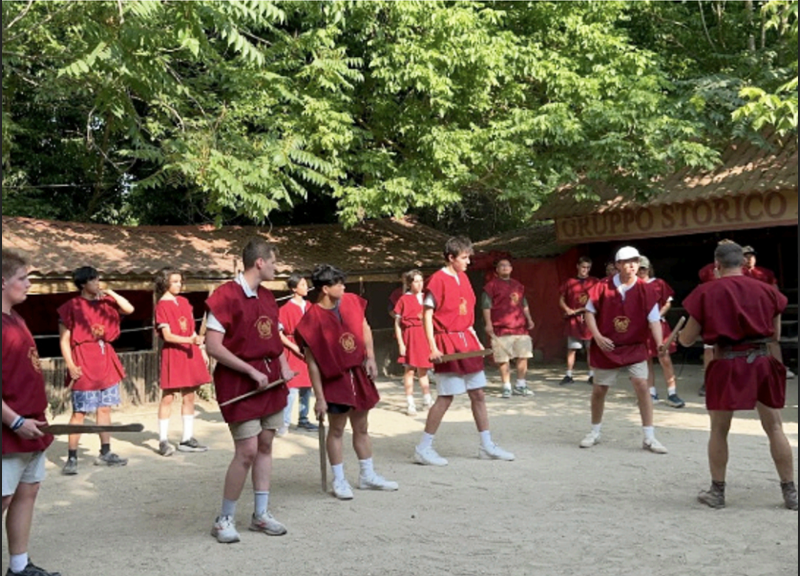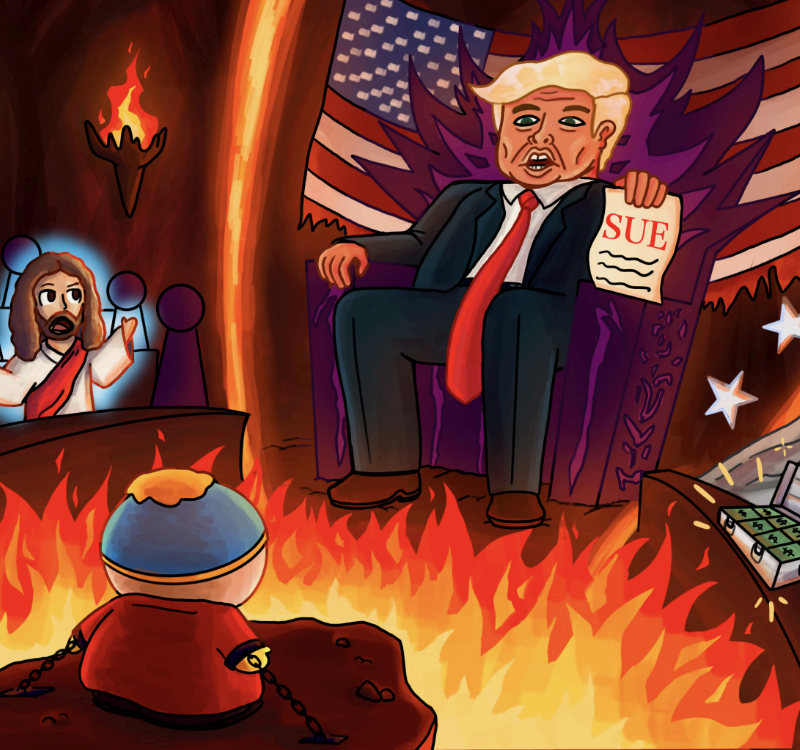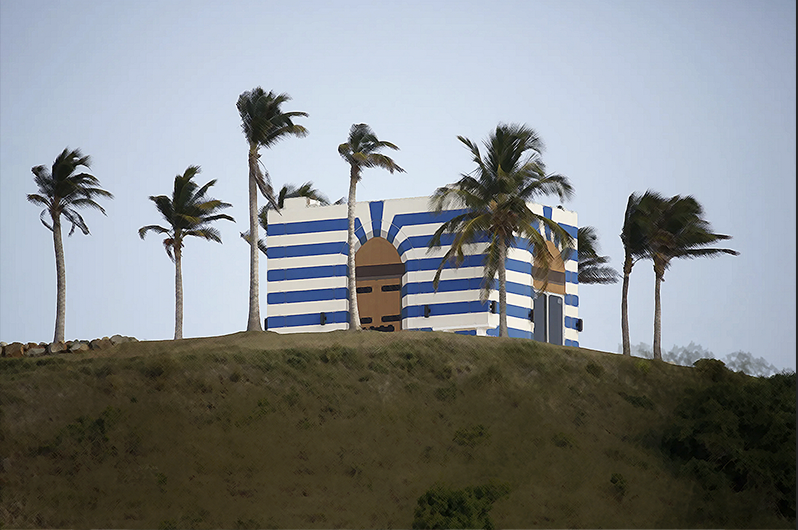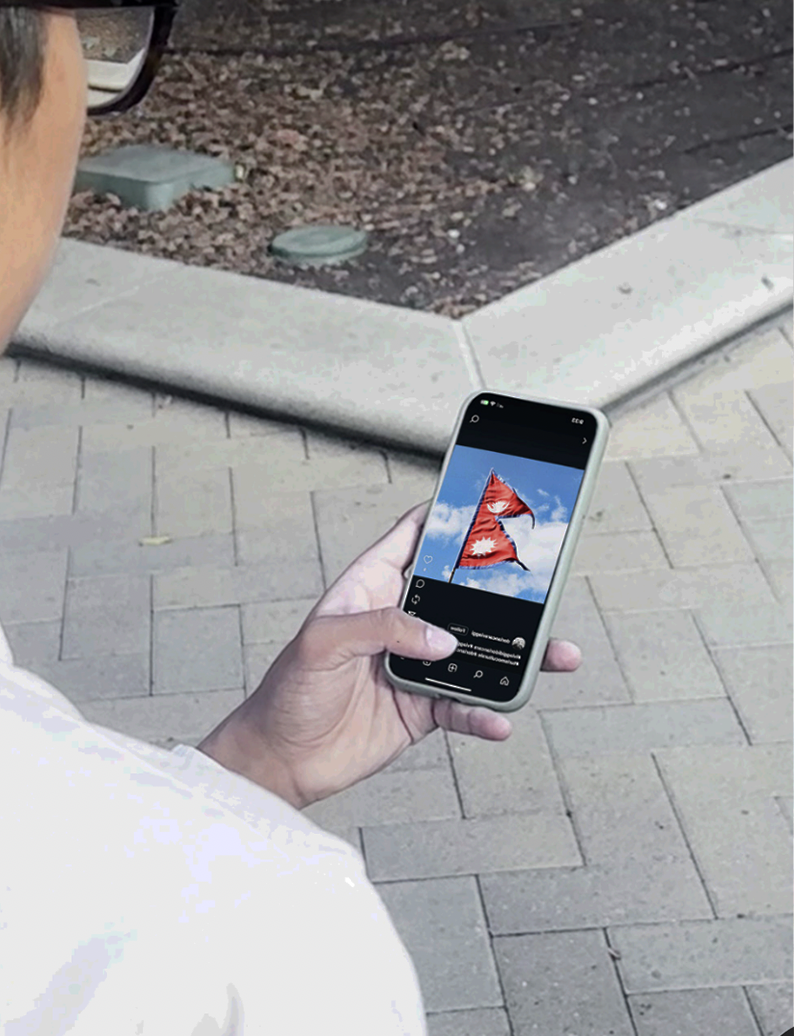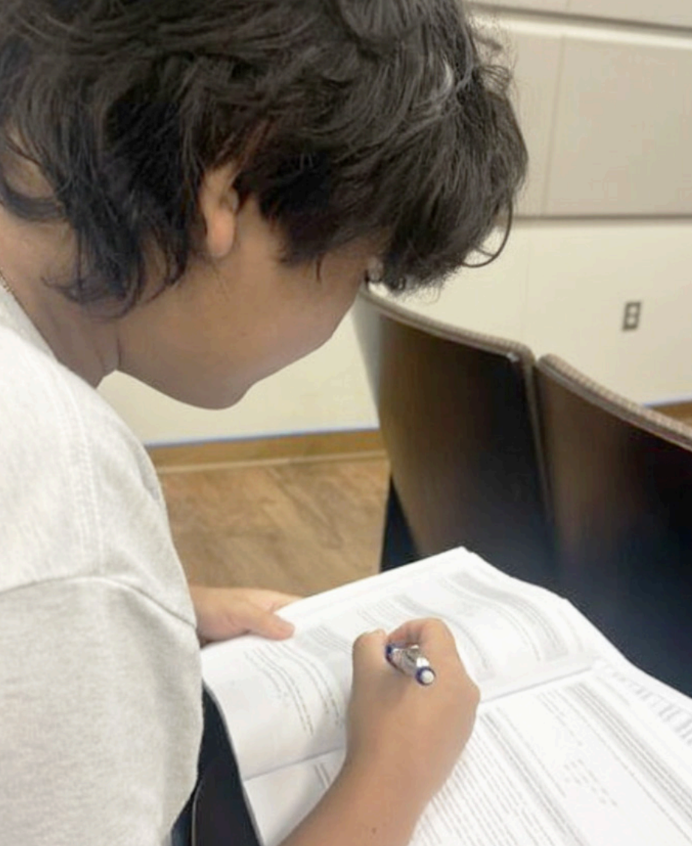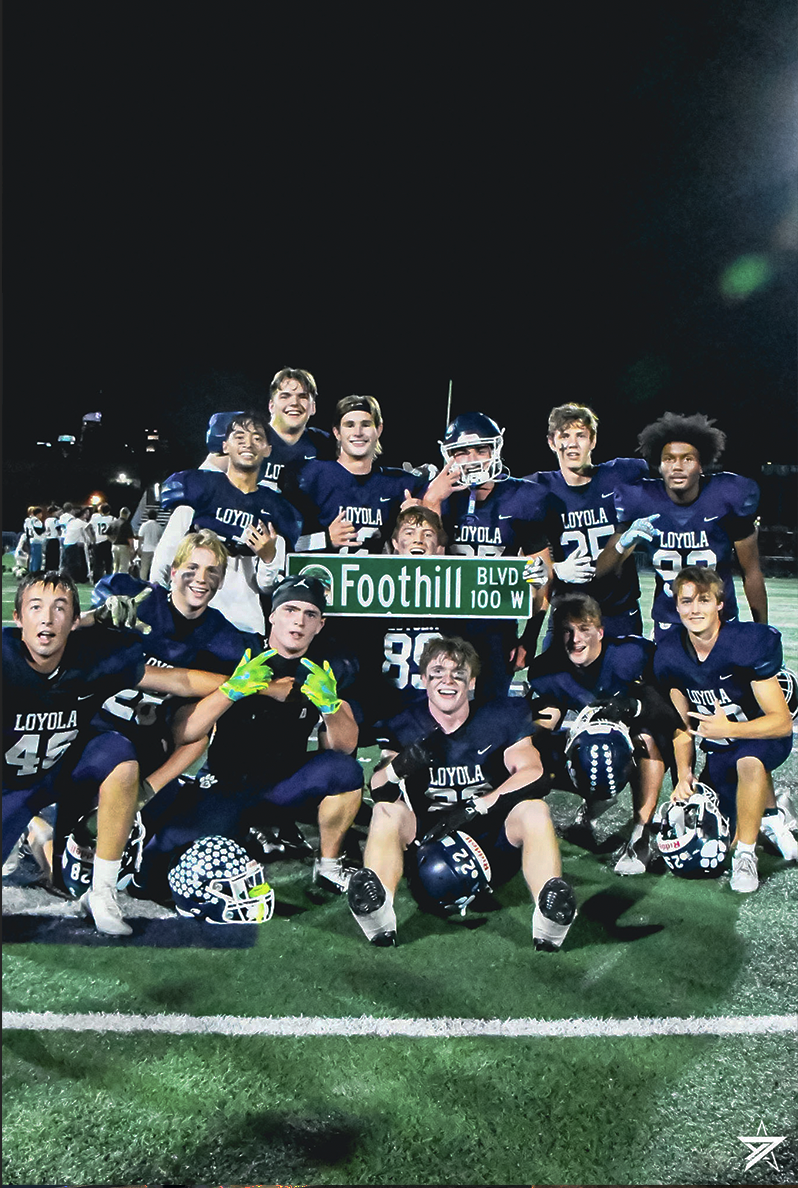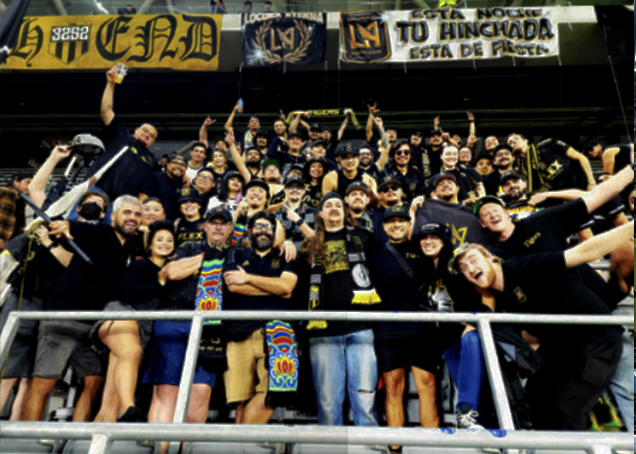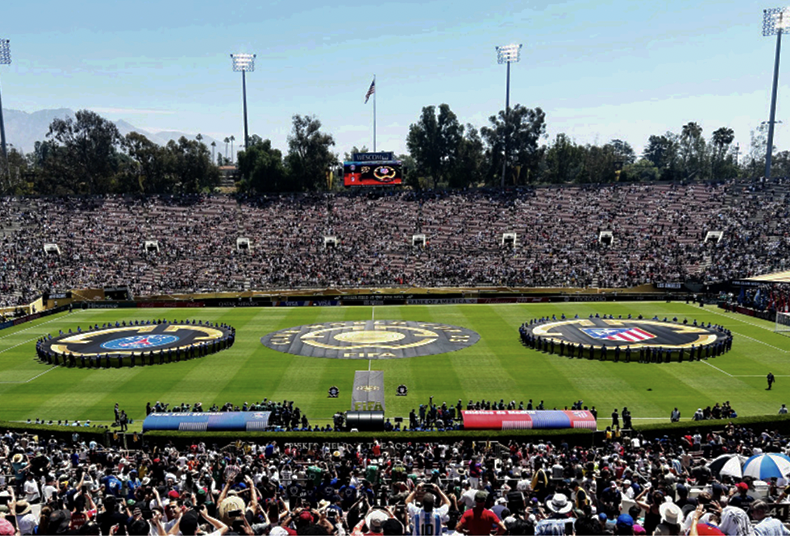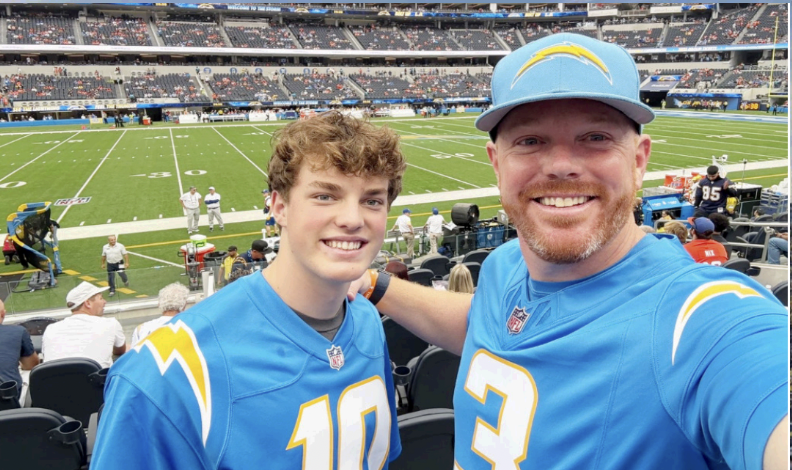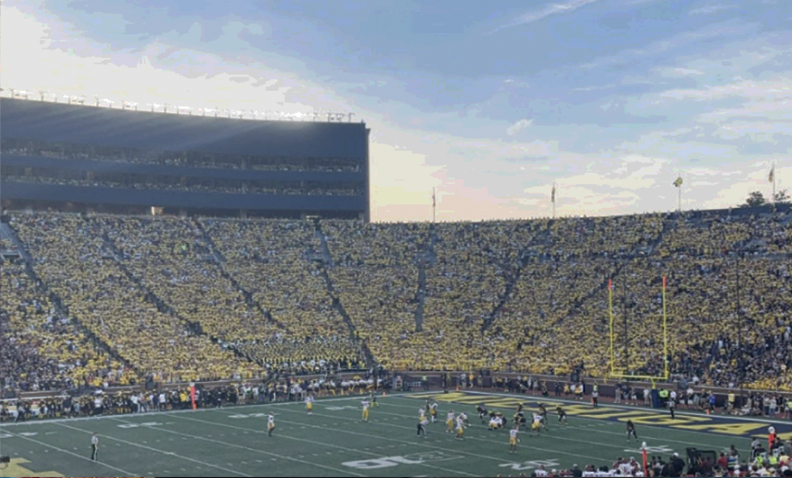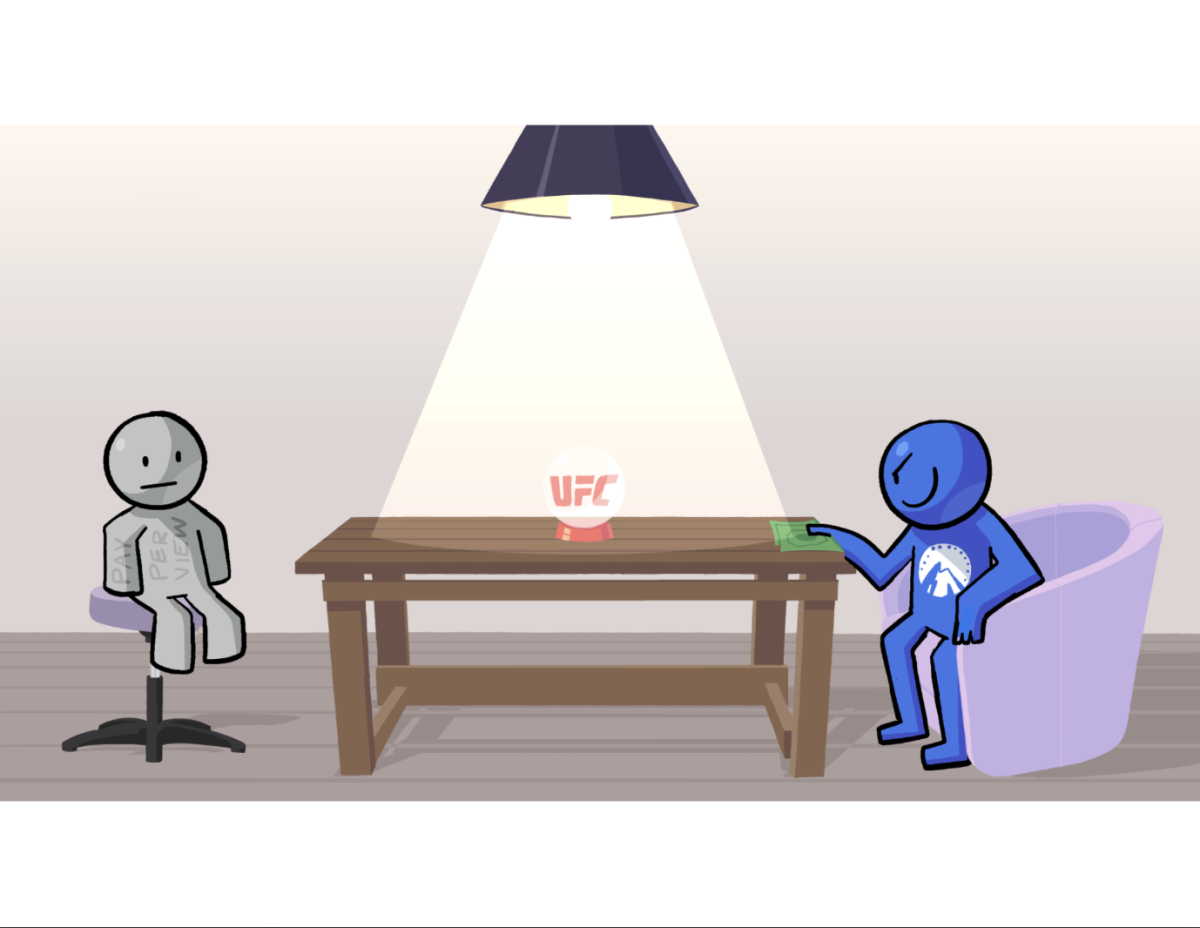Three years ago Loyola High School’s athletic department mandated that every student must undergo the cognitive concussion baseline test before the school year begins.
A concussion, derived from the Latin word concutere meaning “to shake violently,” is caused when a person sustains an impact or blow to the head that causes the gelatinous-like brain to jostle against the skull. After a concussion, the levels of brain chemicals are altered; it usually takes a week for these levels to stabilize again, according to Mayo Clinic’s website. Because brain damage can be dangerous if not diagnosed properly, precautions must be taken to identify the seriousness of the head injury through the use of a concussion baseline test.
The purpose of the series of tests is to analyze a person’s motor skills, including reaction time, mental capacity, balance, etc., at an initial point in time. A record of the student’s brain functioning at his or her ‘normal state’ can then be compared to scores taken after the student has potentially been concussed.
“Having established the baseline helps us [athletic trainers]assist in the return to learn process as well as their return to play,” said assistant athletic trainer Amanda Zamani.
Sophomore Galo Medina suffered a concussion last year during a club soccer game. Before he was cleared to play, he was required to take the same (post-concussion) test. “It took me a total of four attempts over the course of a month to be cleared,” said Medina about his recovery experience. “Even though I felt as if I could return to my regular activities, such as academics and soccer, the results still did not clear me until I passed the test.”
According to head athletic trainer Tim Moscicki, the test itself is composed of physical and mental exercises, which range from speaking a series of numbers out loud to identifying colored shapes to standing on one foot for ten seconds. All baseline exams are administered during the summer by Moscicki and assistant athletic trainers Brianna Millard and Zamani. Since Loyola follows ImPACT’s (Immediate Post-Concussion Assessment and Cognitive Testing) policy, which recommends re-administering the baseline test every two years, freshmen, juniors and transfer students take a forty minute test; returning sophomores and seniors, a fifteen minute checkup.
Regardless of athletic participation, Loyola requires that every student complete the concussion baseline test before the first day of school in the case that any student becomes concussed. “We [the athletic department]noticed a rise in non-Loyola based events and non-athletic concussions. Because we are still responsible for students in the classroom, we needed a way to evaluate and monitor concussed students,” said Millard.
Should a student sustain a head injury, or any other injury for that matter, he must report it to the student health department or athletic trainers immediately, according to the California Interscholastic Federation (CIF) Bylaw 313, implemented in 2010.
Assistant Principal Paul Jordan ’88 explained that Loyola, in compliance with the bylaw, has four certified doctors who examine and evaluate the scores from the pre- and post-injury concussion baselines.




